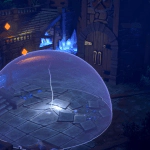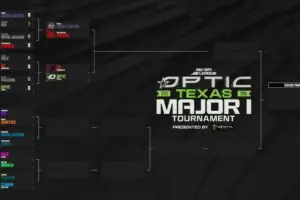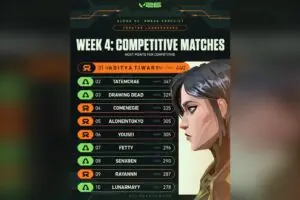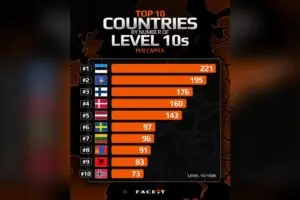Many Overwatch League fans are still buzzing with excitement after the early morning broadcast coming via OGN in South Korea with the Futures Match and Apex Special. On top of the sublime production (that has more than a few fans requesting Blizzard to adopt their methods) the hero pools played out in a unique way, with each team blind-banning heroes from the other teams pool.
Blind banning means that neither team knew what the other team was selecting during the process, but bans selected by one team only affected the other, and vice-versa. Both teams were able to ban one support, one tank, and two DPS heroes from selection.
The vast majority of teams selected Orisa, Mei, and Echo to ban, with support changing superfluously through the broadcast.
Yes, GOATs were played, but they were consistently steam-rolled by DPS-favored metal, even without a mandatory 2-2-2 role lock. Whether this was primarily due to team cohesion, as GOATs is known for needing an astounding level of play, or the state of the game itself in the modern era, is speculation.
One caster for Overwatch Contenders, Conner ‘Avast’ Prince has taken to Twitter in an attempt to quell the more outspoken critics of how Blizzard has handled the ban system, or at least remind fans of the merit of role lock (also known as 2-2-2).
It’s worth noting that, in this tweet, Avast is factually correct.
Without role lock, many players were simply stuck riding the bench infinitely since they couldn’t play tanks or support; they were known for (and hired for) their DPS plays. This ultimately led to a slow abandoning of Overwatch League by DPS players, who were exhausted of being subservient to whatever random balancing Blizzard was going to attempt that quarter.
However, as Avast points out in his second tweet, this isn’t to say that OGN’s system of allowing blind-bans was flawed.
It’s frankly difficult to make a case against blind banning after watching how it played out on OGN’s legendary stage, especially considering how much Blizzard has been struggling with balancing their team-based shooter since its inception, much less in the Overwatch League itself.
More so, it’s abundantly clear that Blizzard continues to struggle with balancing; multiple heroes are simply well over-tuned, and wouldn’t have fit in the original roster when the game launched.
Ideally, there is a solution forthcoming from Blizzard to bring the balance more in-line with player expectations. They’ve recently announced that they are adopting the monthly tourney format that have worked so well for various other sports, so they aren’t refusing change. They’re just interestingly slow to adopt it.





